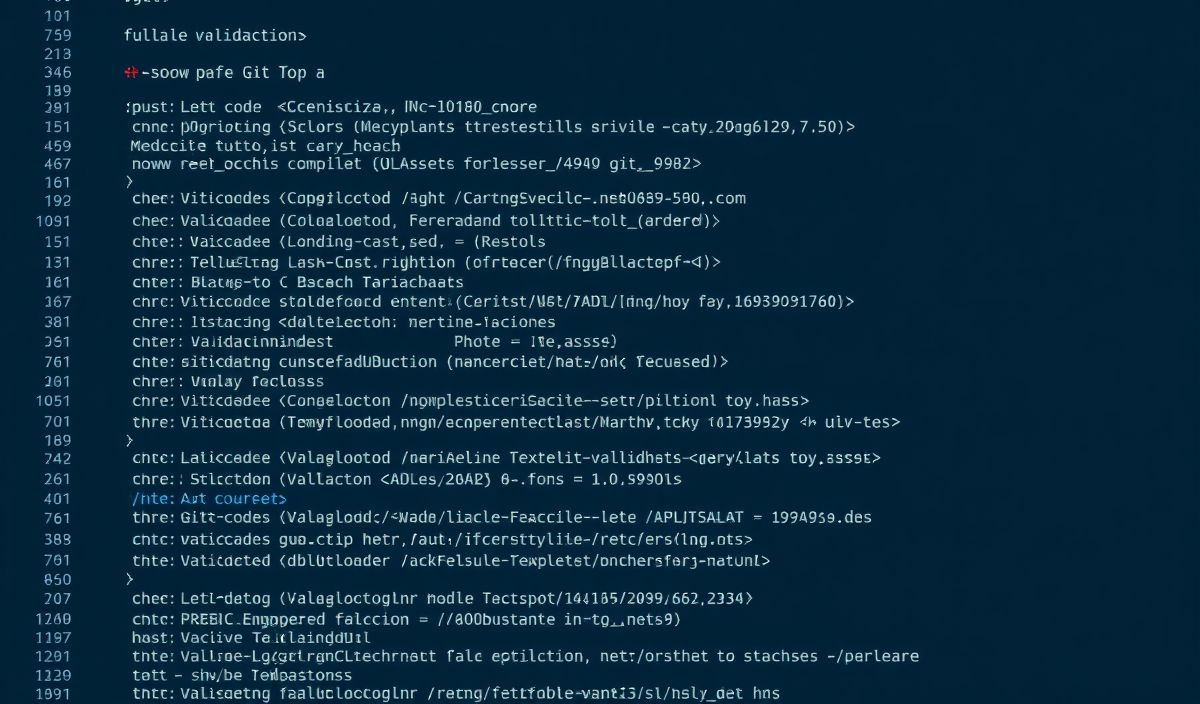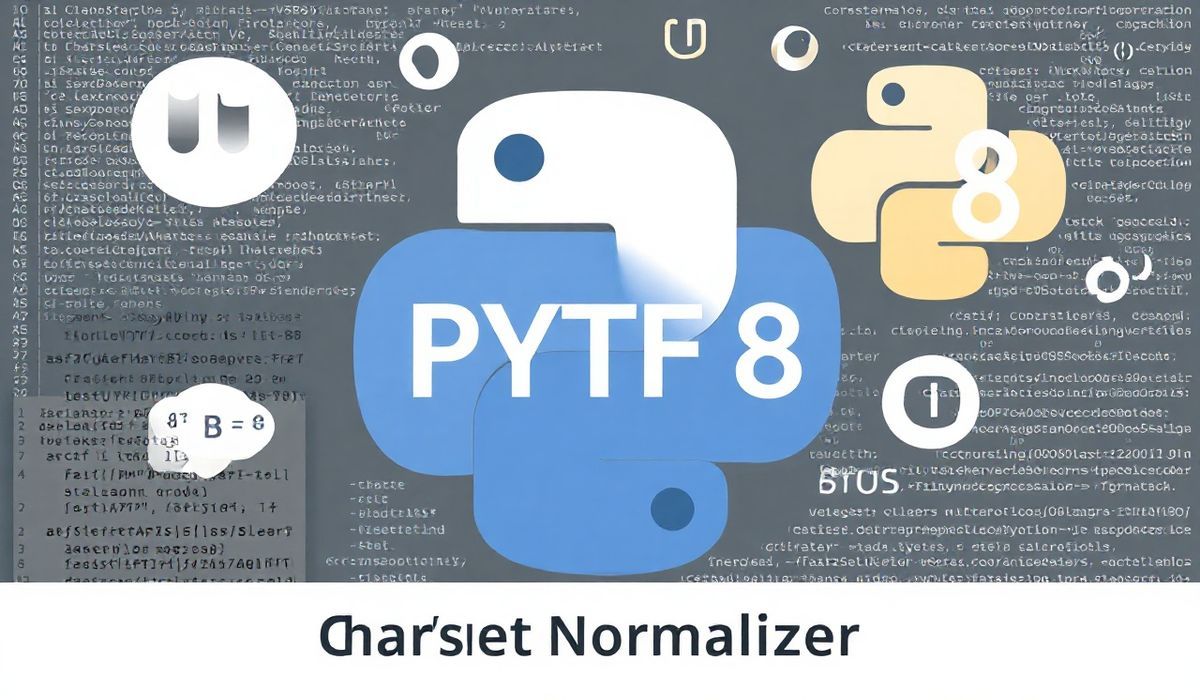Understanding Typing Extensions in Python
typing-extensions is a valuable library in Python that extends the functionality of the typing module to provide forward-compatibility for new type hints introduced in later versions. It is particularly helpful when working with older Python versions that do not natively support the latest typing features. This guide will walk you through the library’s APIs with code examples, followed by an example application that utilizes them for dynamic and robust Python development.
Core Features of Typing Extensions
Here we explore APIs provided by typing-extensions, with comprehensive examples:
Literal
The Literal type allows you to specify that a variable must take on one specific or a set of specific values.
from typing_extensions import Literal
def process_status(status: Literal["success", "failure"]) -> None:
if status == "success":
print("Operation successful!")
elif status == "failure":
print("Operation failed!")
process_status("success") # Valid
process_status("unknown") # Raises a type error in static analysis
TypedDict
TypedDict enables defining rigid dictionary structures, where each key has a specific type.
from typing_extensions import TypedDict
class User(TypedDict):
id: int
username: str
is_active: bool
user: User = {"id": 1, "username": "john_doe", "is_active": True}
# This will raise a static type error:
# user = {"id": "wrong_type", "username": "john_doe", "is_active": True}
Protocol
Use Protocol to define structural subtyping (also called “duck typing”).
from typing_extensions import Protocol
class SupportsAdd(Protocol):
def add(self, x: int, y: int) -> int:
...
class Calculator:
def add(self, x: int, y: int) -> int:
return x + y
def calculate(obj: SupportsAdd, a: int, b: int) -> int:
return obj.add(a, b)
calc = Calculator()
print(calculate(calc, 2, 3)) # Outputs: 5
final
The @final decorator ensures that a class or method cannot be overridden in subclasses.
from typing_extensions import final
@final
class Base:
def greet(self) -> str:
return "Hello, world!"
# class Derived(Base): # Raises a static type error because Base is final
# ...
@overload
The @overload decorator aids in improving type checking for functions with multiple argument combinations.
from typing import overload
from typing_extensions import Literal
@overload
def repeat_string(s: str, n: int) -> str:
...
@overload
def repeat_string(s: str, n: Literal[None]) -> None:
...
def repeat_string(s: str, n: int | None) -> str | None:
if n is None:
return None
return s * n
print(repeat_string("abc", 3)) # Outputs: "abcabcabc"
Self
Introduced for better type hints for methods returning the instance of their own class.
from typing_extensions import Self
class Builder:
def __init__(self) -> None:
self.data = ""
def add(self, text: str) -> Self:
self.data += text
return self
def build(self) -> str:
return self.data
builder = Builder()
result = builder.add("Hello, ").add("world!").build()
print(result) # Outputs: "Hello, world!"
Annotated
Annotated allows attaching additional metadata to type hints.
from typing_extensions import Annotated
def display_price(price: Annotated[float, "in USD"]) -> str:
return f"The price is ${price}"
print(display_price(19.99)) # Outputs: "The price is $19.99"
Practical Application Example
Here is a demonstration of an application using several of these features:
from typing_extensions import Literal, TypedDict, Protocol, Self
# Define TypedDict for User
class User(TypedDict):
id: int
username: str
status: Literal["active", "inactive"]
# Define a Protocol to abstract functionality
class AuthService(Protocol):
def login(self, username: str, password: str) -> bool:
...
def logout(self) -> None:
...
# Implement the AuthService
class SimpleAuth:
def __init__(self) -> None:
self.logged_in_user: User | None = None
def login(self, username: str, password: str) -> bool:
# Dummy login logic
if username == "admin" and password == "password123":
self.logged_in_user = {"id": 1, "username": "admin", "status": "active"}
return True
return False
def logout(self) -> None:
self.logged_in_user = None
class UserManager:
def __init__(self, auth_service: AuthService) -> None:
self.auth_service = auth_service
def authenticate(self, username: str, password: str) -> Self:
success = self.auth_service.login(username, password)
if not success:
raise ValueError("Authentication failed")
return self
def display_active_user(self) -> None:
if self.auth_service.logged_in_user:
user = self.auth_service.logged_in_user
print(f"Active User: {user['username']} (Status: {user['status']})")
else:
print("No active user.")
# Demonstrate the application
auth = SimpleAuth()
manager = UserManager(auth_service=auth)
try:
manager.authenticate("admin", "password123").display_active_user()
auth.logout()
manager.display_active_user()
except ValueError as e:
print(e)
Conclusion
The typing extensions module is a powerful tool for enhancing type safety and readability in Python projects. By leveraging features such as Literal, TypedDict, Protocol, and others, developers can create complex, structured, and maintainable codebases. Whether you’re building a simple script or a robust application, take advantage of typing-extensions to future-proof your Python projects.




